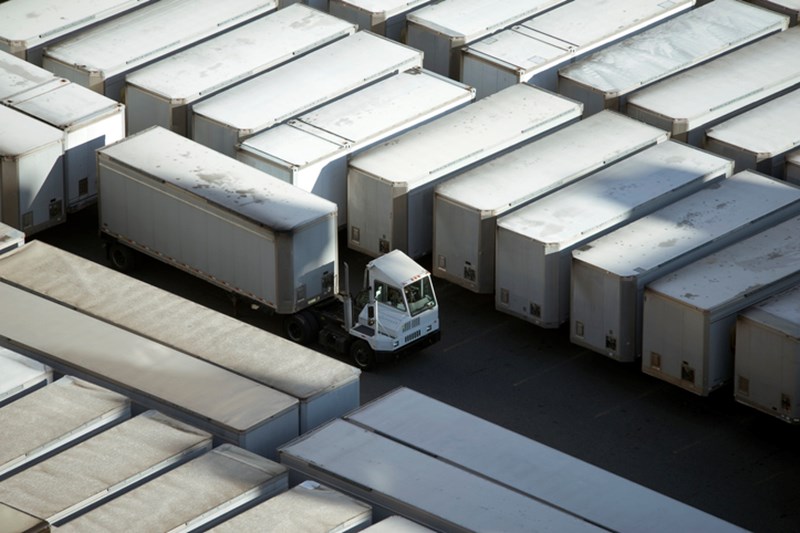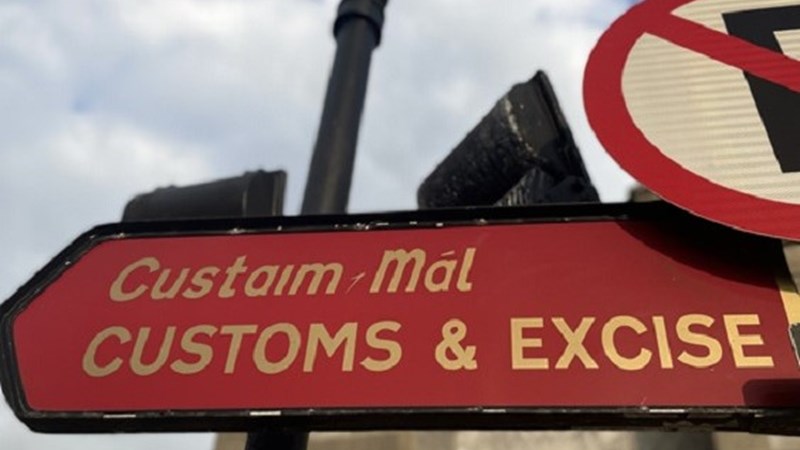Contributory negligence as a defence in Dutch cargo theft cases during road carriage
March 2021
Introduction
The duty of the road haulier is to deliver the goods in the condition in which he received them. If the carrier violates this obligation because the goods are damaged or lost during transport he is, in principle, liable. But does this liability also exist if the shipper or consignee contributed to the damage or loss?
For domestic road carriage, the carrier's liability and any defences, e.g. force majeure or exemptions from liability, are regulated in Book 8 of the Dutch Civil Code (Article 8:1080 ff. DCC) which is dedicated to transport law. Contributory negligence is not among the defences of the carrier included in Book 8 DCC.
Contributory negligence is a concept of Dutch ‘general’ civil law and is regulated in Book 6 DCC (Article 6:101 DCC). It is part of the law on compensation/damages and entails that the damages to be paid by the liable party are reduced proportional to the degree that the injured party himself has contributed to the damage. Actions by third parties are also for the risk of the injured party. In apportioning the damage, the courts may apply a correction to arrive at a fair and equitable outcome.
A question that has not often been addressed in Dutch case law is whether a liable carrier can argue that that the amount of compensation payable should be reduced as a result of contributory negligence of the claimant or a third party. The District Court of Zeeland-West Brabant addressed this question and ruled in the affirmative.
Please note that this case law only applies to domestic carriage of goods by road subject to Dutch law, as international carriage is governed by the CMR Convention.
The case
A carrier was ordered to transport several dozen containers with foodstuffs every day from Moerdijk to a warehouse elsewhere in the Netherlands. After unloading, the empty containers had to be taken back to Moerdijk. Because the warehouse only had personnel available in the mornings and the unloading operations had to start early in the mornings, the shipper, the carrier and the consignee had agreed that the carrier could already carry the containers to a site next to the warehouse, the so-called "buffer", in the afternoon before they had to be delivered to the warehouse.
On the morning of the delivery, the containers only had to be carried a short distance from the buffer to their final destination. The empty containers were taken back to Moerdijk, where the carrier took receipt of new containers to be delivered immediately to the consignee if it was still morning or to be placed in the buffer area if the container arrived in the afternoon. The use of the buffer had two advantages: the consignee could unload containers continuously in the morning, and the carrier had to assign fewer drivers to deliver the required number of containers in the mornings, making the services cheaper. Thus, the use of the buffer was primarily to accommodate the shipper and the consignee.
The buffer was managed by the consignee and was only equipped with a gate with a padlock. One morning, it was discovered that two full containers had been stolen from the locked buffer. The shipper held the carrier liable for the loss.
The District Court’s judgment
The court determined that the carriage had not yet ended when the containers were placed in the buffer. The agreed place of delivery was the warehouse, and the containers had not yet been delivered there. Therefore, the theft occurred during carriage.
It was therefore clear that the carrier had not fulfilled his obligation to deliver the goods in the condition in which he had received them (Art. 8:1095 Dutch Civil Code).
The carrier argued that this was a case of force majeure, stating that he had taken all measures that could reasonably have been expected of him: the trailers had been fitted with kingpin locks, the trailers had been parked in such a way that they could not easily be removed and the gate had been closed with the padlock. However, the court ruled that the carrier could also have picked up the containers from the loading address in the morning. Therefore, in the court’s view, the carrier had not taken all possible measures to prevent the theft and, as result, there was no force majeure.
Under the circumstances of the case, no exemption applied, such as damage due to handling of the cargo by the shipper or the consignee, or due to an inherent vice. The applicable limitation of liability of € 3.40 per kilogram of stolen goods (Article 8:1105 BW) did not play a role in this case, because of the weight of the stolen goods.
Thus, the carrier was liable without limitation. Nevertheless, the carrier did not have to compensate the full value of the goods. In addition to pleading force majeure, the carrier had argued that his obligation to compensate should be reduced due to contributory negligence on the part of the shipper and the consignee. The court applied Article 6:101 DCC from the ‘general’ civil law and ruled that there was contributory negligence, because it had been agreed between the parties that the carrier could park the containers on the premises overnight and because the premises belonged to the consignee who was in charge of security, but had not taken any security measures other than the padlock. Because of these circumstances, the court held that 50% of the damage should be borne by the shipper.
What is the significance of this judgment?
On the hand, this judgment shows that the standard for force majeure remains very high in the Netherlands. On the other hand, to my knowledge this is the first case in which a Dutch court has applied the contributory negligence provision (Article 6:101 DCC) in a road haulage case. Under certain circumstances, this could provide an opportunity for carriers to contest at least part of their liability.









